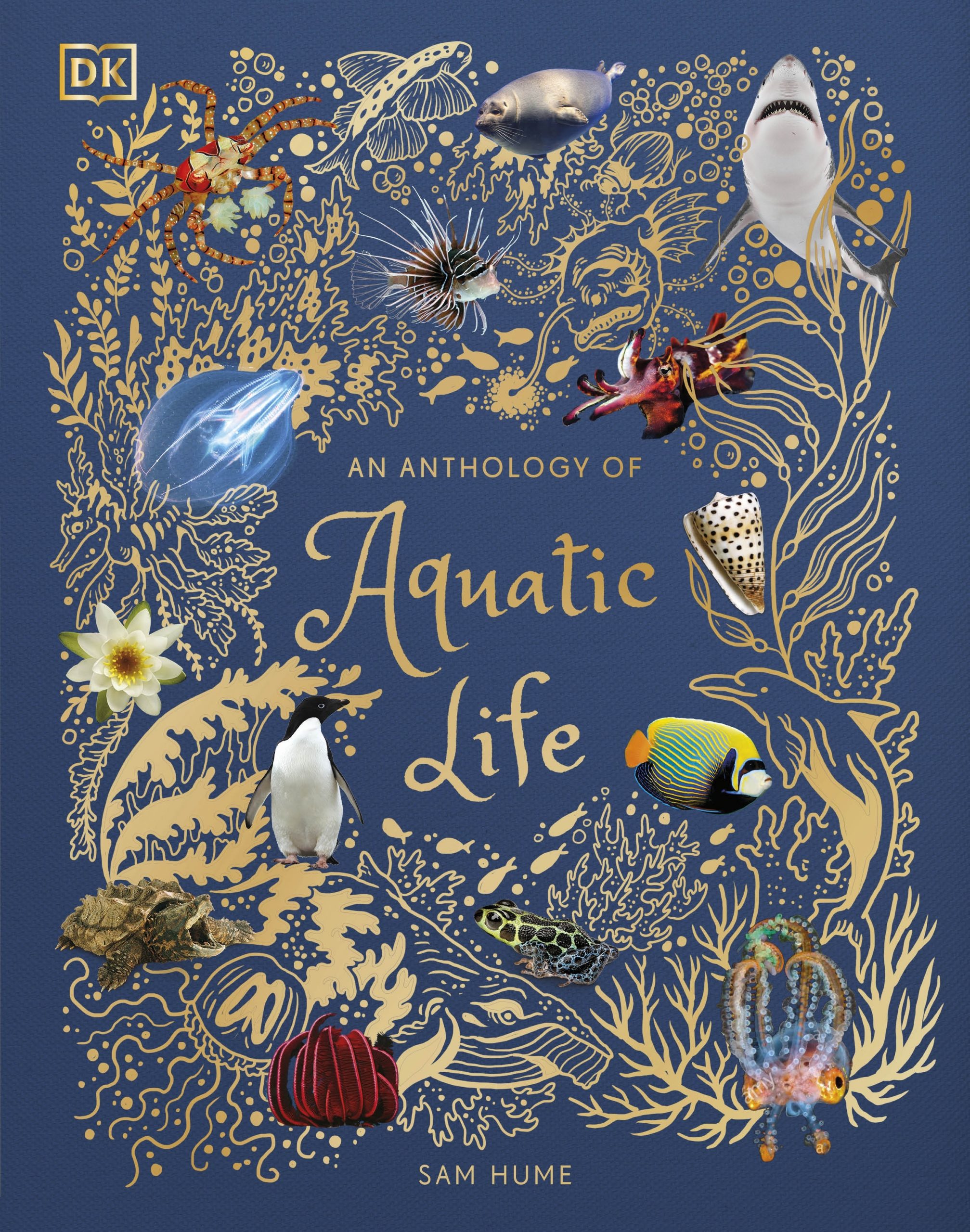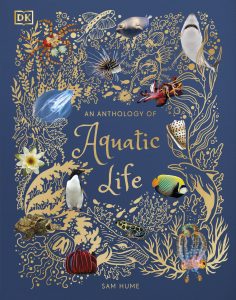




 Dorling Kindersley or DK have long been renowned for producing well researched and profusely illustrated reference books with high production values. Put simply they produce beautiful books chockfull of fascinating information, and An Anthology of Aquatic Life is a perfect example of their high standards and attention to detail.
Dorling Kindersley or DK have long been renowned for producing well researched and profusely illustrated reference books with high production values. Put simply they produce beautiful books chockfull of fascinating information, and An Anthology of Aquatic Life is a perfect example of their high standards and attention to detail.Error: Contact form not found.
